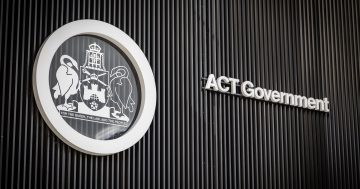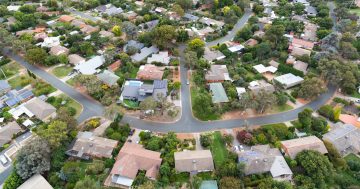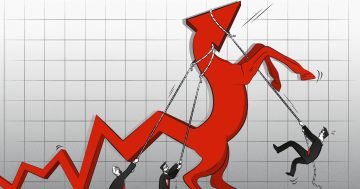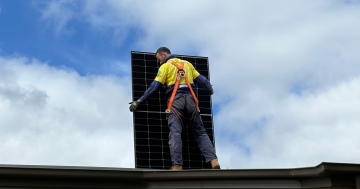
There has been much discourse in recent times on the relative importance of having a healthy budget position versus having a significantly funded safety net.
The orthodox right wing ideology has it that a healthy budget surplus is the only way in which a county can prosper. If there are plenty of profits to tax then social responsibilities can be afforded.
This can be summed up by the view that if the rich are really rich they will look after those less well off.
The other side of the coin says that we must have social safety nets in place as our priority. We don’t need a budget surplus to make sure that pensions can be adjusted to match the price of price increases, that universal health care is a right not a privilege, that education should be available to all not just the kids of the rich, that defence should not merely be a line item in a budget document.
This view needs only a healthy economy with a good credit rating to deliver to the citizens of its domain.
So it is that the contest of ideologies plays out in our federal arena as we watch.
But are the two necessarily mutually exclusive?
The far left of the argument have it that the state must be the controlling influence over all things and the far right has it that capital must be the controlling influence.
But what about a marriage between the provider of the capital, the carrier of the risk and the provider of the labour which delivers the outcome?
The provider of the labour must acknowledge that without the capital, without someone carrying the risk of a business, there is no business. Thus there are no jobs available for the workforce.
The provider of capital must acknowledge that human beings are not commodities to be treated like components in a factory; they are not inanimate objects to be applied to the factory production line. They have skills which are essential to success, and available for a fair price. In addition to technical expertise, a workforce provides commitment to success, a loyalty to the product and a personal investment in the success of the business. Surely this is worth something.
We haven’t seen anything approaching a recognition of the need for this marriage since the Accord in Hawkie’s time. Perhaps it’s about time we did.





















